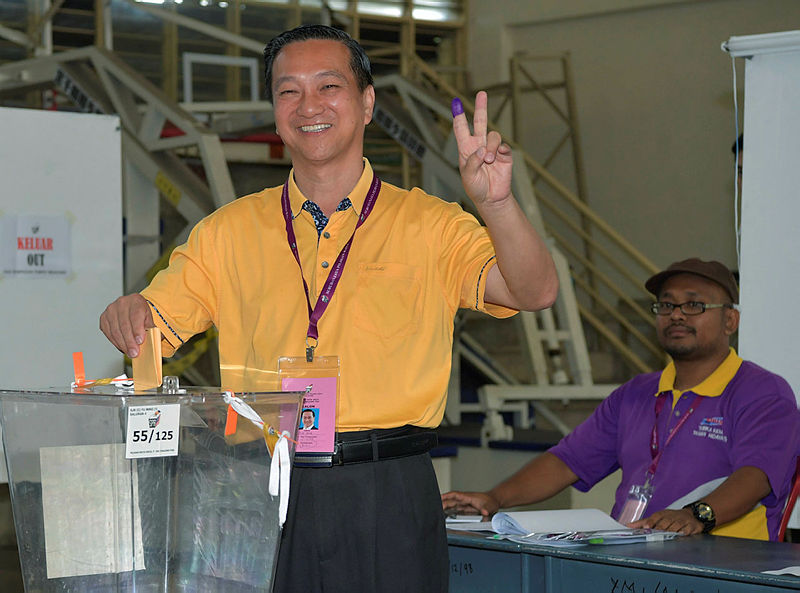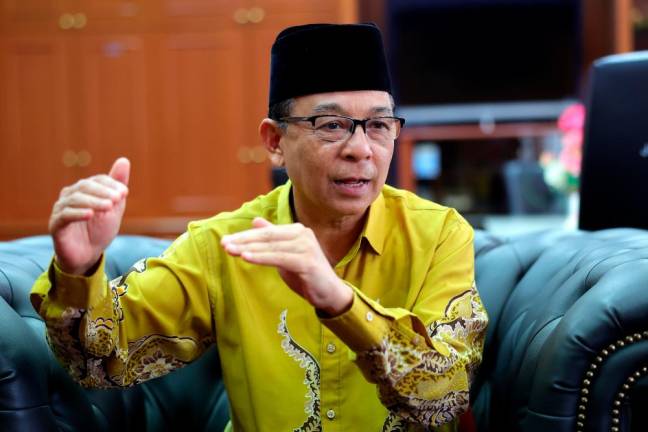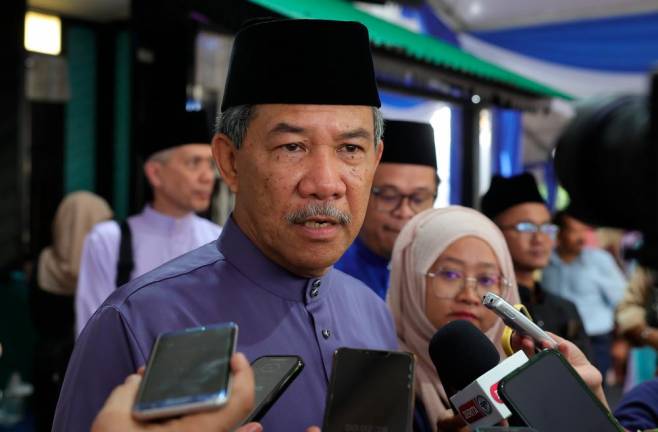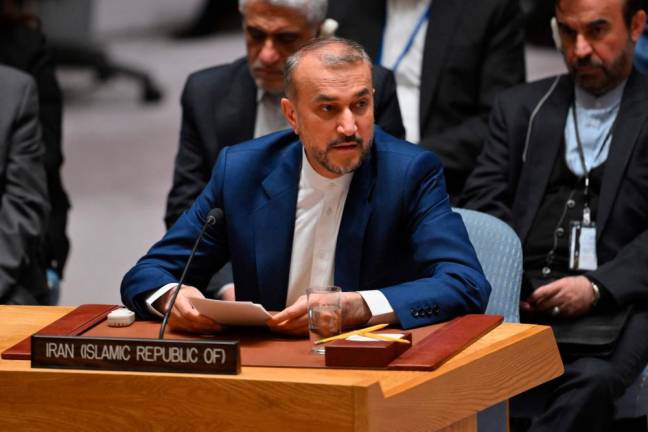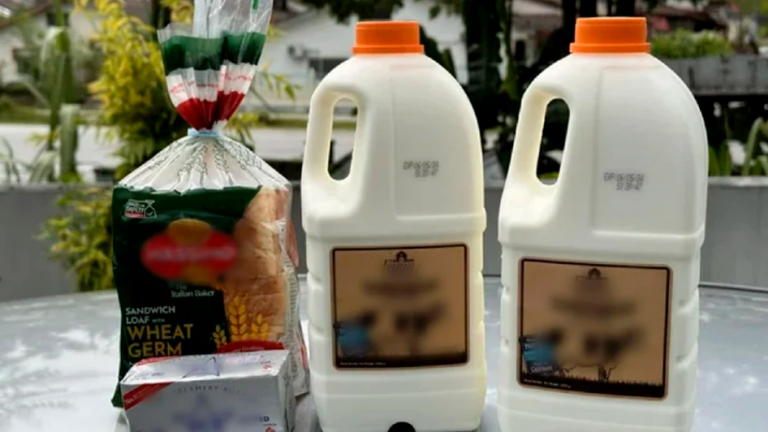CAN PH retain Tanjung Piai?
Six hopeful candidates are vying to be the next Tanjung Piai MP, including the ruling coalition, Pakatan Harapan’s (PH) Karmaine Saidini, of Parti Pribumi Bersatu Malaysia (PPBM).
However, despite backing from the government machinery, Karmaine only has an outside chance to emerge as the winner of today’s poll.
With Umno-led Barisan Nasional (BN) and PAS putting their past behind them and forming a new opposition alliance dubbed the Muafakat Nasional, the odds are now stacked against the ruling coalition to defend the seat.
This is because of the crucial fact that PH won the formerly BN stronghold parliamentary seat due to the split in votes resulting from a three-cornered contest between PH, BN and PAS in GE14.
On May 9 last year, the incumbent Tanjung Piai MP, Datuk Dr Mohd Farid Md Rafik emerged as the winner with a razor-thin 524 majority, after polling 21,255 votes. He was closely followed by Datuk Seri Dr Wee Jeck Seng of BN who received 20,731 votes and PAS candidate Nordin Othman (2,962 votes).
Fast forward to today, with PAS no longer in the fray, the odds are against PH to retain the seat, with votes from PAS’ supporters now expected to go to BN.
Apart from Karmaine and BN’s Wee, the other candidates are Gerakan’s Wendy Subramaniam, Berjasa’s Datuk Dr Badrulhisham Abdul Aziz and two independent candidates Dr Ang Chuan Lock and Faridah Aryani.
Waning Chinese support for PH
The support from the ethnic Chinese in Malaysia for the ruling PH government appears to be on the wane, at around 10% to 20%, as forecast by political analyst Prof James Chin.
Nevertheless, it still can prove to be costly for the ruling coalition. The Malay-majority Tanjung Piai constituency has a sizeable Chinese electorate, which forms 47% out of the total of 52,978 voters.
The vast majority of these Chinese voters live and vote in Pekan Nanas, one of the parliament’s two state-seat constituencies, besides Kukup.
The decreasing support from the ethnic Chinese towards PH, said Chin, was due to the stagnant economy and compounded by the disappointment with DAP due to the government’s handling of Universiti Tunku Abdul Rahman (Utar) and Tunku Abdul Rahman University College (TAR UC) matters.
Since the majority of votes that went to PAS in the last election are expected to sway to BN this time, PH must conserve the Chinese votes, a well-known ”votes bank” or ”safe-deposit” for it, if it is to retain the parliamentary seat.
Even if it fails to do so, PH would be hoping that these Chinese votes sway towards Gerakan, and not directly to BN.
Gerakan candidate, the party’s 38-year-old deputy secretary-general Wendy Subramaniam, is a lawyer by profession, a mother to two children and a Chindian, part Chinese and part Indian by heritage.
The Gerakan campaign office was set up in Pekan Nanas, perhaps to be closer to the party’s traditional voters, the ethnic Chinese. Despite a slow first week, Gerakan made its presence felt halfway through the campaign period.
And like DAP, Gerakan is a multi-racial political party but primarily dominated by the ethnic Chinese. Today’s poll is Gerakan’s first foray back as an opposition party since 1972.
Gerakan quit BN after the last general election.
Any potential dark-horse?
PH and BN are the heavyweights and frontrunners to win today’s election, with a slight advantage for the latter.
BN candidate, Wee of MCA, is a familiar face to the Tanjung Piai locals. He was their former MP, having served two terms between from 2008 to 2018.
Prior to that, he was also the Pekan Nanas state assemblyman for one term between 2004 and 2008. Wee is not only popular within the Chinese community, but also among the Malays.
Barring any surprise, the winner of today’s poll will be either Karmaine from PH or Wee of BN.
However, like Gerakan, Berjasa too might play a key role in determining today’s winner. The PAS offshoot party are no stranger to this parliamentary constituency.
In GE14, it was Berjasa’s candidate that stood here, under PAS banner.
The party decided to take part in today’s by-election because it was not consulted and was left out from the discussion prior to Muafakat Nasional’s decision to let MCA represent the opposition front.
But to expect Berjasa to repeat the GE14 result and retain the 2,962 votes might be far-fetched, and would it would not be a surprise if it loses the election deposit.
Regardless, any votes that go in Berjasa’s favour, added with those of Gerakan and the handful few that the two independent candidates receive, can potentially be enough to deny a victory for either the ruling coalition or the opposition alliance.



